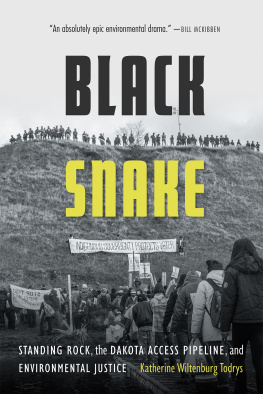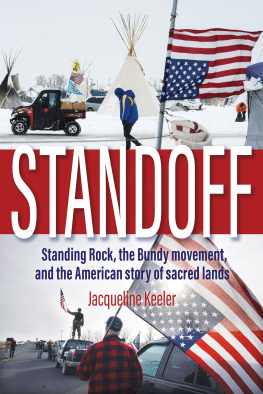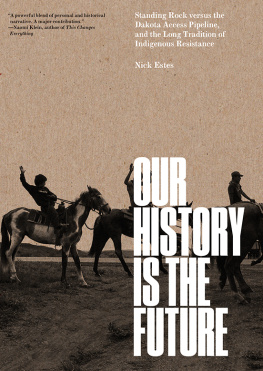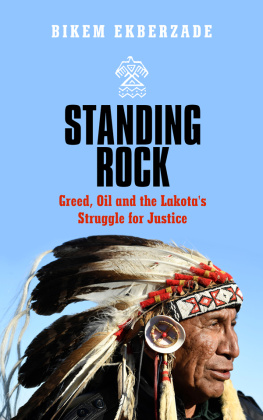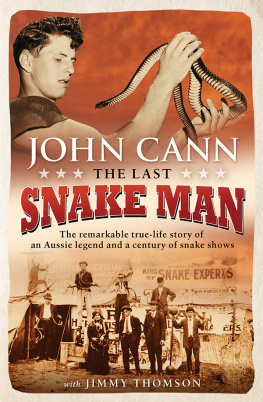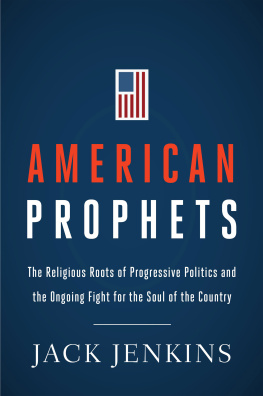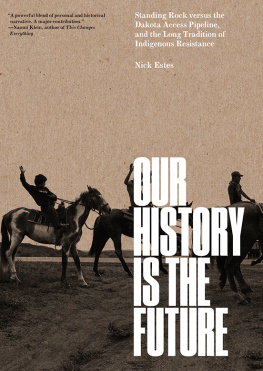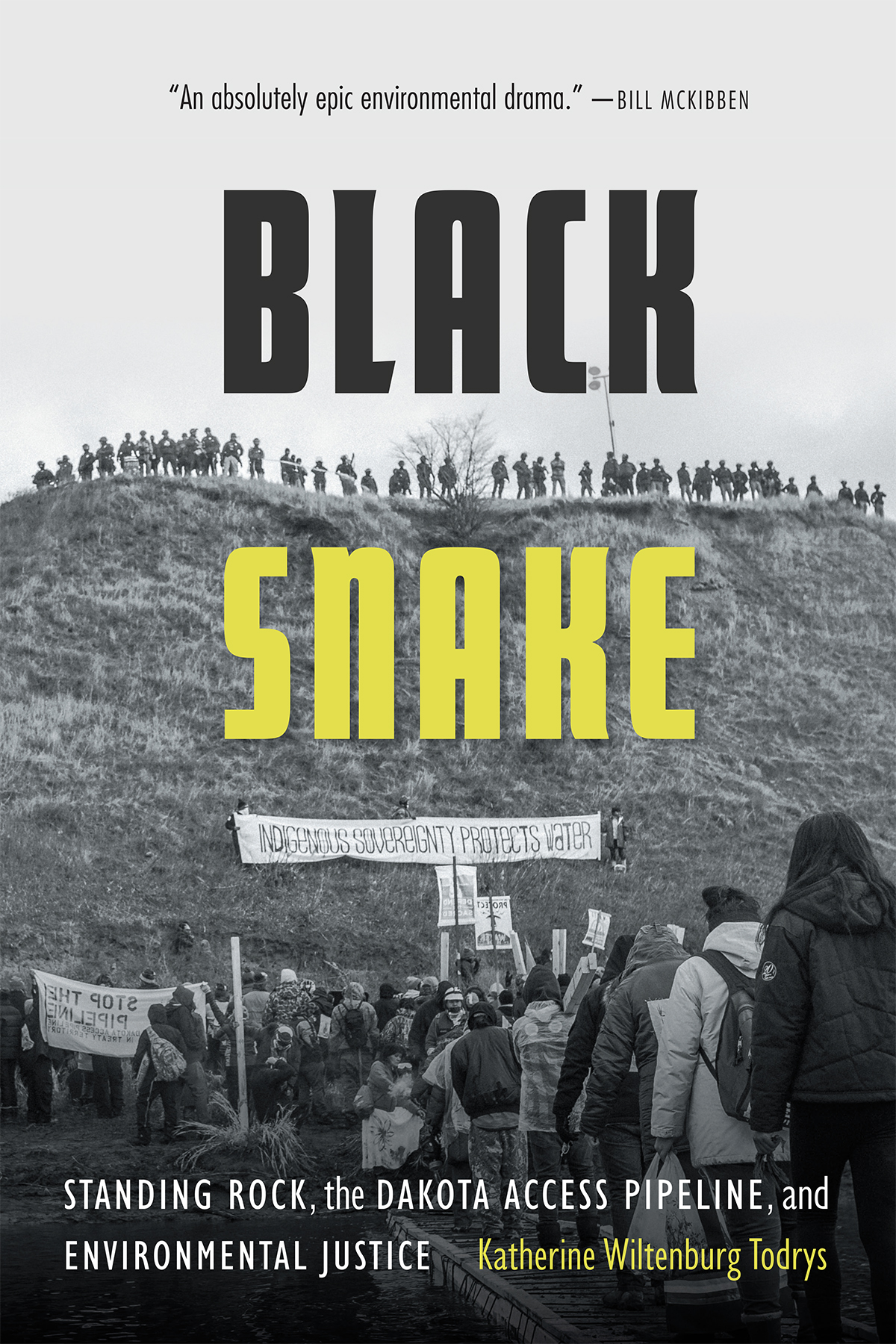
[Black Snake] tells much of the backstory behind an absolutely epic environmental drama and it highlights some of the remarkable women who led the fight. If you didnt get a chance to join the encampment at Standing Rock, this account will put you there!
Bill McKibben, author of Falter: Has the Human Game Begun to Play Itself Out?
Black Snake draws on firsthand interviews to tell an important history from the perspective of those who lived it. Thank you for this book.
Madonna Thunder Hawk, Lakota civil rights activist
This book is a dramatic illustration of how to stand up to powerful interests that are long used to simply casting aside the people in their way.
Kenneth Roth, executive director of Human Rights Watch
An absorbing story of Native American resilience, protest, and agency. It is a book that should be on reading lists across the United States and beyond.
Pekka Hmlinen, author of Lakota America: A New History of Indigenous Power

publication supported by this pipeline
Figure Foundation
Black Snake
Standing Rock, the Dakota Access Pipeline, and Environmental Justice
Katherine Wiltenburg Todrys
University of Nebraska Press | Lincoln
2021 by Katherine Wiltenburg Todrys
Cover designed by University of Nebraska Press; cover image Josu Rivas. Water protectors gather to pray on Turtle Island at Standing Rock, Thanksgiving Day 2016.
Author photo Bentley Waters.
All rights reserved.
Library of Congress Cataloging-in-Publication Data
Names: Todrys, Katherine Wiltenburg, author.
Title: Black snake: Standing Rock, the Dakota Access Pipeline, and environmental justice / Katherine Wiltenburg Todrys.
Other titles: Standing Rock, the Dakota Access Pipeline, and environmental justice
Description: Lincoln: University of Nebraska Press, [2021] | Reports on the experiences of Lisa Finley DeVille, Jasilyn Charger, LaDonna Allard, and Kandi (Mossett) White. | Includes bibliographical references and index.
Identifiers: LCCN 2020041573
ISBN 9781496222664 (paperback)
ISBN 9781496227614 (epub)
ISBN 9781496227638 (pdf)
Subjects: LCSH : Indians of North AmericaPolitical activityStanding Rock Indian Reservation (N.D. and S.D.) | Indians of North AmericaPolitical activityNorth DakotaFort Berthold Indian Reservation. | Dakota Access PipelineHistory. | Petroleum pipelinesEnvironmental aspects. | Petroleum pipelinesStanding Rock Indian Reservation (N.D. and S.D.)Public opinion. | Hydraulic fracturingNorth DakotaFort Berthold Indian ReservationPublic opinion. | Indian activistsStanding Rock Indian Reservation (N.D. and S.D.) | Indian activistsNorth DakotaFort Berthold Indian Reservation. | Environmental justiceStanding Rock Indian Reservation (N.D. and S.D.) | Environmental justiceNorth DakotaFort Berthold Indian Reservation.
Classification: LCC E 78. D 2 T 63 2021 | DDC 978.4/88dc23
LC record available at https://lccn.loc.gov/2020041573
The publisher does not have any control over and does not assume any responsibility for author or third-party websites or their content.
Contents
Photographs
Maps
There really is a battle of good versus evil playing out. What role do we play as humanity? We can do things like drive a hybrid vehicle, we can go off grid; but we also have to call out the systems.... Its been happening in history throughout time. There have always been people who have put themselves on the line, people who keep fighting for what they know is right. Other people keep fighting for greed. Its all about what we do in this little blink of a lifetime.
Kandi White
As you know, I approved two pipelines that were stuck in limbo forever. I dont even think it was controversial. You know, I approved them, I havent even heardI havent had one call from anybody saying oh, that was a terrible thing you did. I havent had one call. Usually if I do something its like bedlam, right?... I think everyones going to be happy in the end, OK ?
U.S. president Donald J. Trump
In fall 2016 former U.S. attorney for North Dakota Tim Purdon was in discussions with an oil pipeline company. He was representing leaders of the Standing Rock Sioux TribeChairman Dave Archambault II and Tribal Council member Dana Yellow Fatin a civil lawsuit brought against them by Dakota Access, LLC (Dakota Access), the company seeking to build a pipeline south from the Bakken oil fields and directly upstream from the Standing Rock Sioux Reservation in North Dakota. The pipeline company claimed that Purdons clients had interfered with construction, threatened the safety of workers, and cost the company money while work was halted. It was a tense time: camps near the reservation were swelling with thousands who had come to be water protectors, blocking construction of a pipeline they believed would desecrate sacred sites and threaten the water supply for Standing Rock residents and millions of others who relied on the Missouri River for water.
As Tim Purdon spoke to the pipeline company, its representatives asked him a question about his clients attitude to the project: how much money was it going to takethat is, what would the company have to pay the tribe to make all this go away?
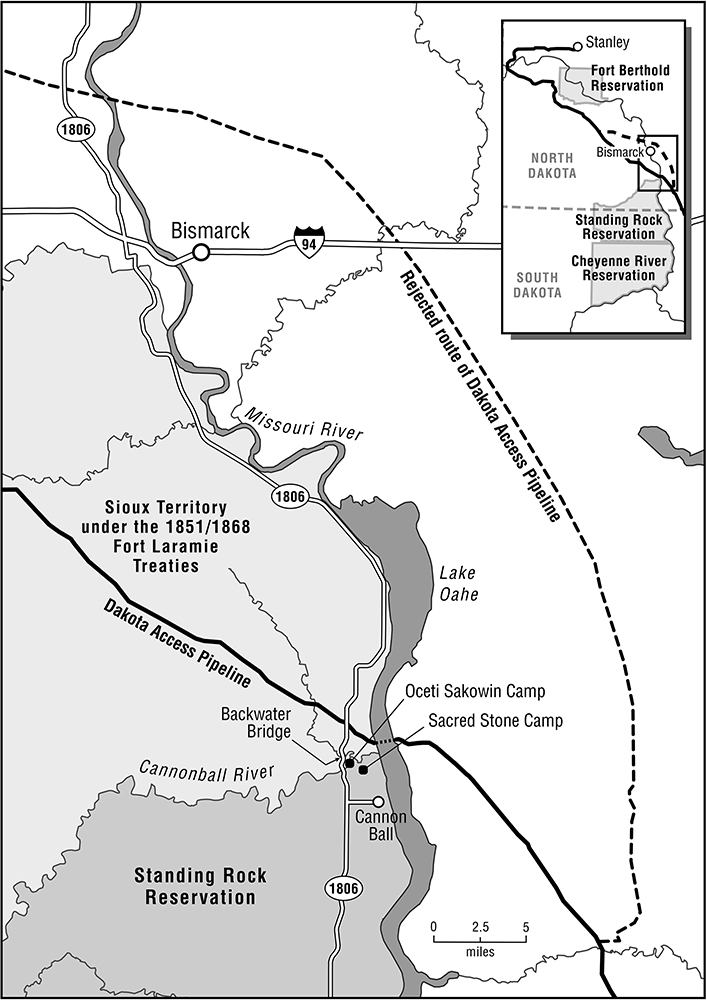
Route of the Dakota Access Pipeline. Map by Erin Greb Cartography.
On its face the question may have seemed reasonable. Around 40 percent of the Standing Rock population lives in poverty (compared to 11.6 percent of North Dakotas entire population), the result of centuries of mistreatment by the U.S. government, broken treaties, and generations of continuing trauma. High suicide rates; alcoholism; drug use; and physical, sexual, and domestic violence all plague Standing Rock residents, symptoms of its poverty. These are things you would expect to find in a community that has been on the receiving end of over a century of oppression, concludes the local episcopal priest, Rev. John Floberg.
Further, Dakota Access had found considerable success elsewhere in putting a price tag on the land along the pipelines route. It had managed to secure voluntary easements from most landowners along the pipeline corridor through four states. But Tim Purdon quickly realized that executives at the pipeline company had no idea that this was a different type of dispute. The Standing Rock Sioux would not be bought off.
Purdon told the pipeline company the story of the Black Hills, the Lakota heartland. The story began generations ago, when the 1851 and 1868 Fort Laramie Treaties established the Black Hills of South Dakota and Wyoming as a part of the Great Sioux Reservation, set aside forever for the use of the Sioux. Gold was discovered in the hills a few years later, and white settlers rushed in. The United States unilaterally took the Black Hills and chiseled the faces of its presidents into Mount Rushmore. But the Sioux never accepted the taking of their land. They filed suit in 1922 and ultimately won perhaps the longest-running legal battle in history. In 1980 the U.S. Supreme Court concluded that a more ripe and rank case of dishonorable dealings will never, in all probability, be found in our history. Since 1980 the money has sat in a Bureau of Indian Affairs ( BIA ) account in Washington DC accruing interestand the account is now worth nearly $2 billion. The Sioux dont want the money; they want the Black Hills.
Next page
